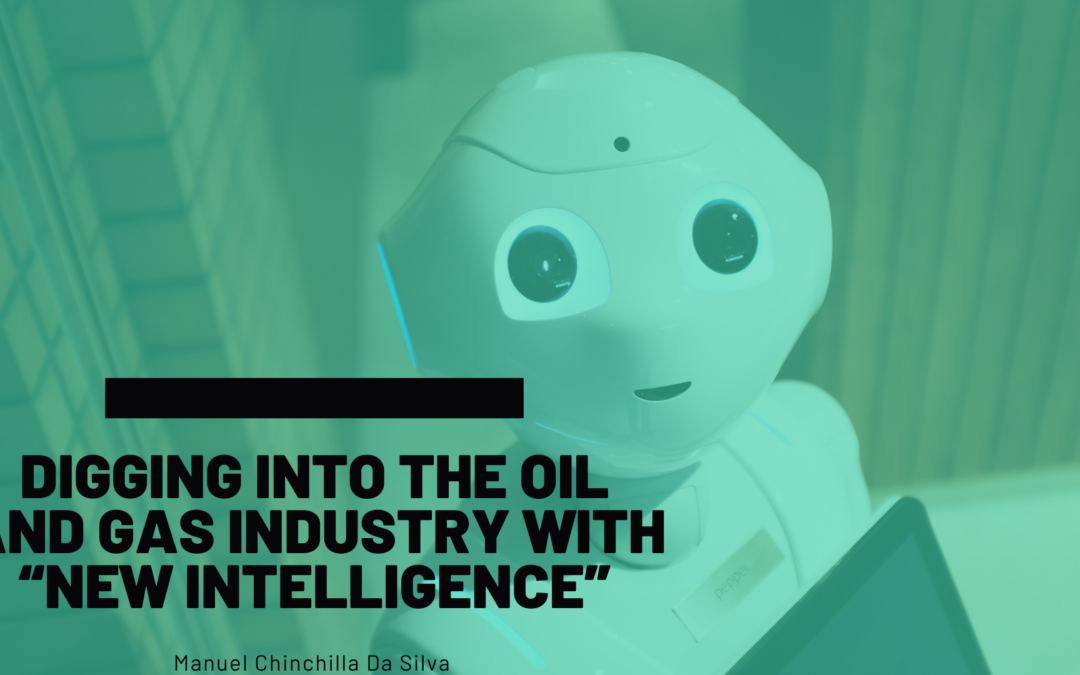Information has the potential to transform any industry or type of business.
The data that a business has or doesn’t dictates how competitive they are, for we live and operate within a new, data society. The petroleum industry is taking the promises of data analysis seriously in 2020. With the world shifting to more diverse-energy sources, oil companies are using computers to cover current losses.
“Digging” into a Greater Breadth of Data
Petroleum producers are fine tuning their scouting for, drilling and transportation methods of oil reserves. Refining oil’s processing can greatly reduce its costs. Even gas companies now boost their productivity by gaining more data about their own processes. New developments in oil and gas have led the world’s top-petroleum brands to work with the following:
– IBM Developers—One of the world’s leading developers of CPUs is partnering with petroleum producers to improve data collection within the oil industry.
– Artificial Intelligence—The new factors behind the efficiency in oil production are innovations within machine learning and data processing.
– Real-Time Automation—Automation gives oil producers the ability to trigger specific actions within computers—when specific-work conditions are met.
Predictive Analysis and Machine Learning
The oil and gas industries of Canada are leading the world by integrating artificial intelligence into a few of their fossil-fuel companies. Artificial intelligence is simplifying the work needed to find oil, measure its financial potential and then extract it efficiently. The efficiencies of some Canadian-oil producers stem from the predictive analysis of AI.
Predictive analysis, whether done by a computer or person, works to determine the most likely outcome of a set of conditions. The fast pace of AI helps oil producers to calculate probabilities in real-time scenarios. The global-oil industry looks on as Canada’s use of AI has improved the way fossil-fuel companies can monitor their workflows.
A shift in oil drilling is underway, for only 13 percent of oil companies around the globe are using artificial intelligence.
The loss that oil markets have endured as per-barrel prices dropped in March 2020 can be managed by reducing operational costs. The data generated by AI helps oil producers to consume less resources while increasing their output.

